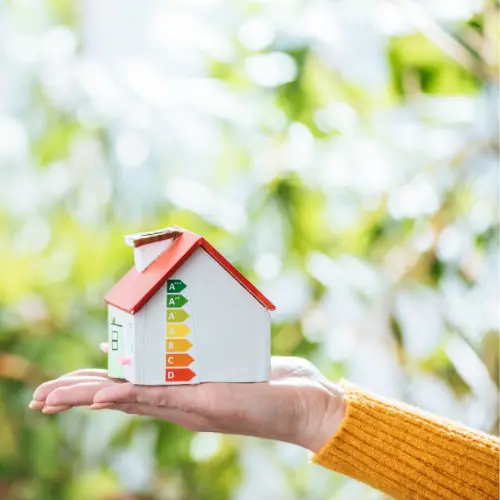As global concerns over climate change and environmental degradation continue to shape industry practices, the construction sector is increasingly seeking ways to reduce its environmental impact. One such approach is improving the energy efficiency of buildings, with materials like insulation foams, sealants, and adhesives playing a key role in achieving this goal. At Nucleus Incorporated, our products are designed to help reduce energy consumption, lower utility costs, and contribute to sustainable building practices.
Effective insulation, as well as proper sealing and adhesion, are essential in reducing the energy needed to heat or cool buildings, thereby enhancing overall energy efficiency. Insulation foams, sealants, and adhesives manufactured by Nucleus Incorporated work together to provide superior thermal protection, air sealing, and moisture control—key factors in maintaining a building’s energy efficiency.

Insulation foams, reduce heat transfer between the inside and outside of a building, minimizing the energy load on heating and cooling systems. This results in lower energy consumption and cost savings for homeowners and businesses. Meanwhile, our sealants and adhesives help create airtight and watertight barriers, preventing energy loss due to leaks or drafts and ensuring the integrity of the insulation system.

Despite the energy-saving benefits, traditional insulation foams, sealants, and adhesives face significant environmental challenges. Many conventional foam products, such as extruded polystyrene (XPS) and expanded polystyrene (EPS), rely on petroleum-based materials and high-GWP (Global Warming Potential) blowing agents, raising concerns about their environmental impact. Similarly, traditional adhesives and sealants often contain volatile organic compounds (VOCs), which can contribute to indoor air pollution and environmental harm.
At Nucleus Incorporated, we are committed to minimizing these impacts by developing and offering environmentally responsible alternatives across all product categories. Our insulation foams are made using low-GWP blowing agents and renewable feedstocks to reduce their carbon footprint. Similarly, our sealants and adhesives are formulated with low-VOC content and hybrid & water-based formulations, making them safer for both the environment and human health.